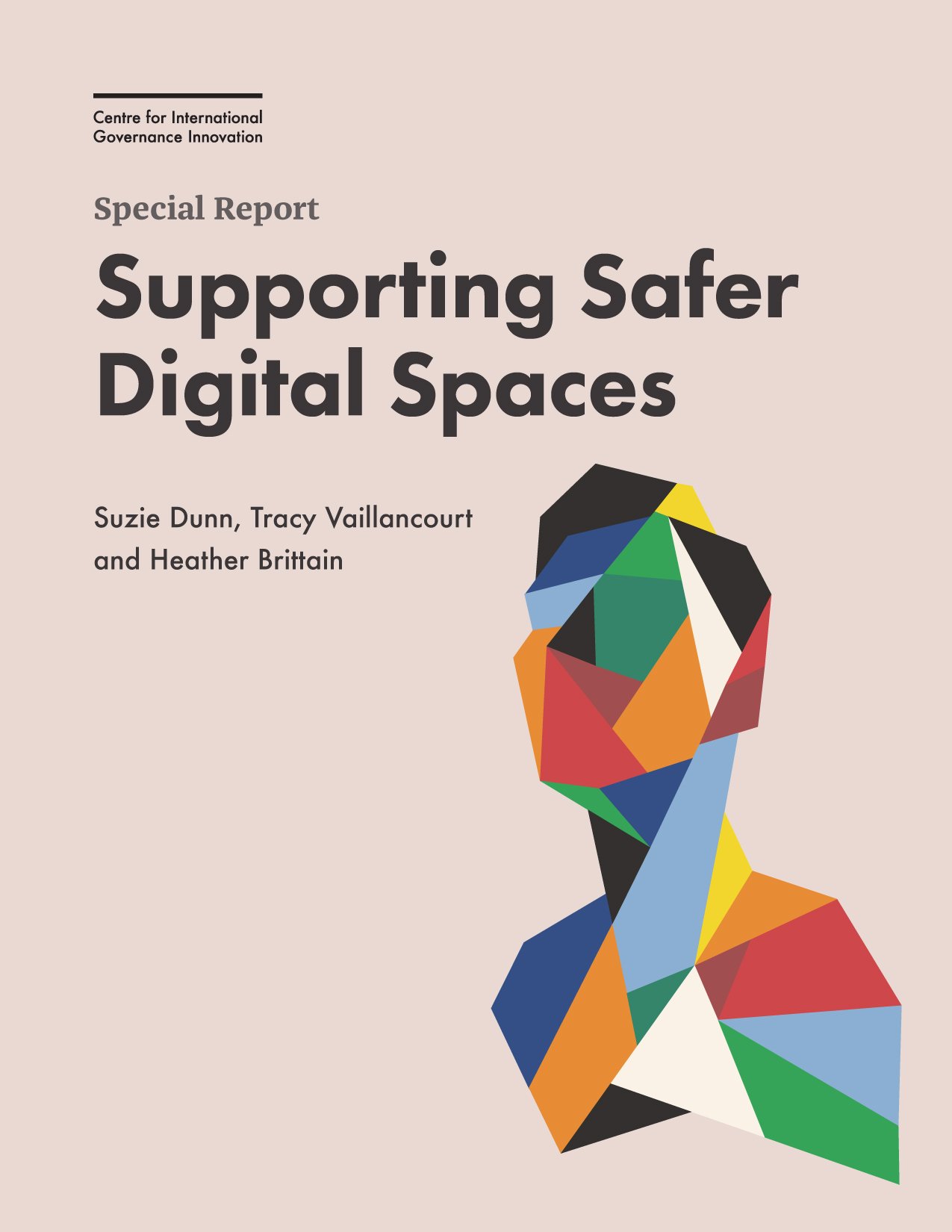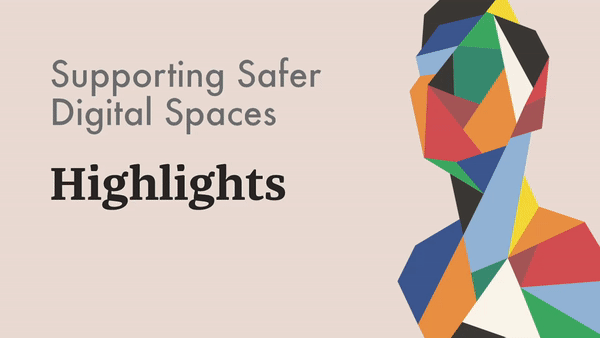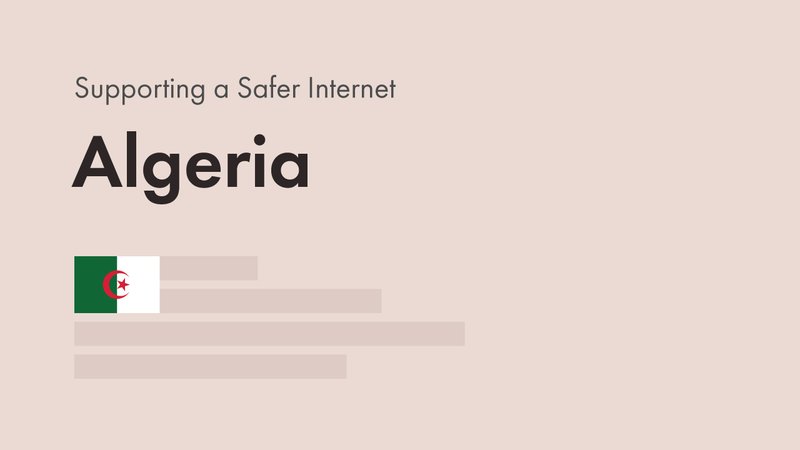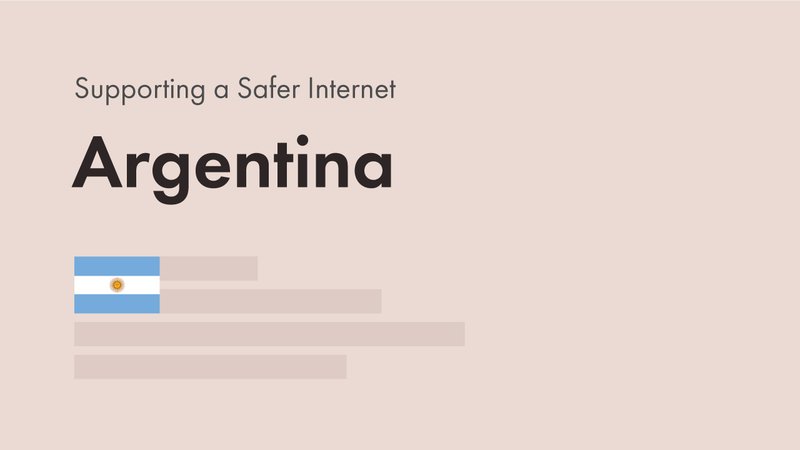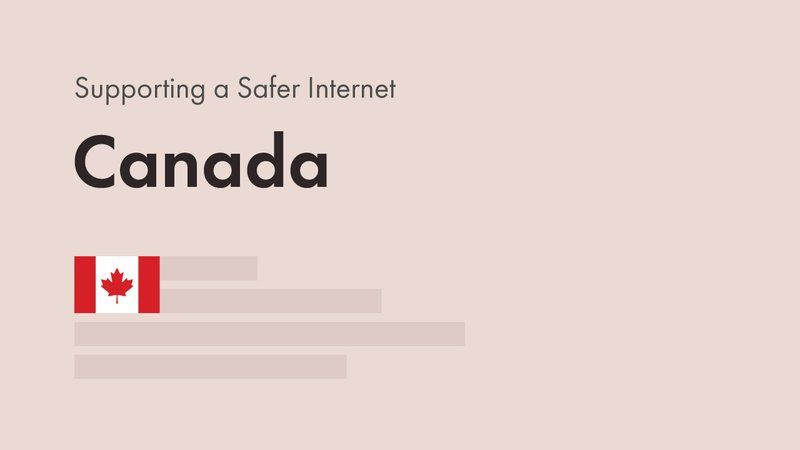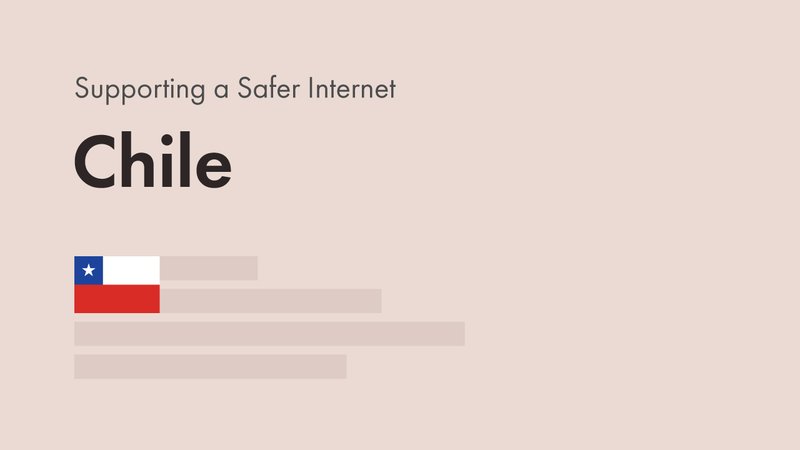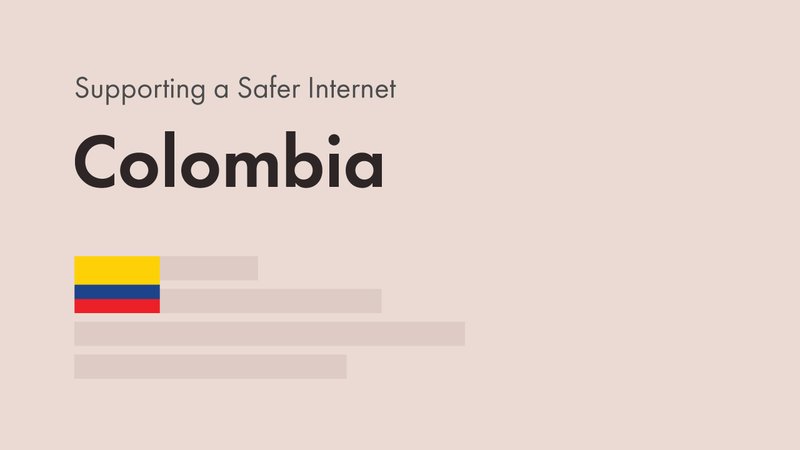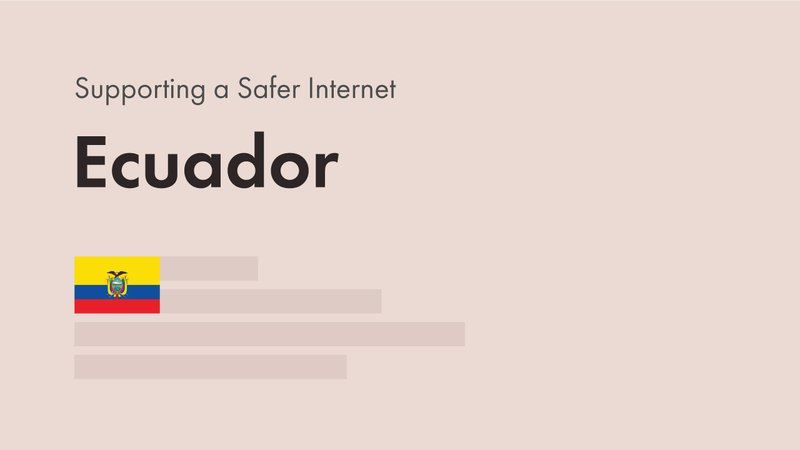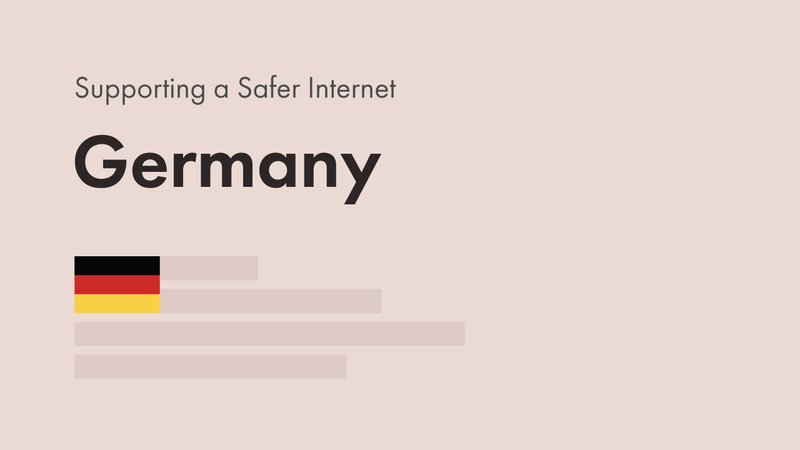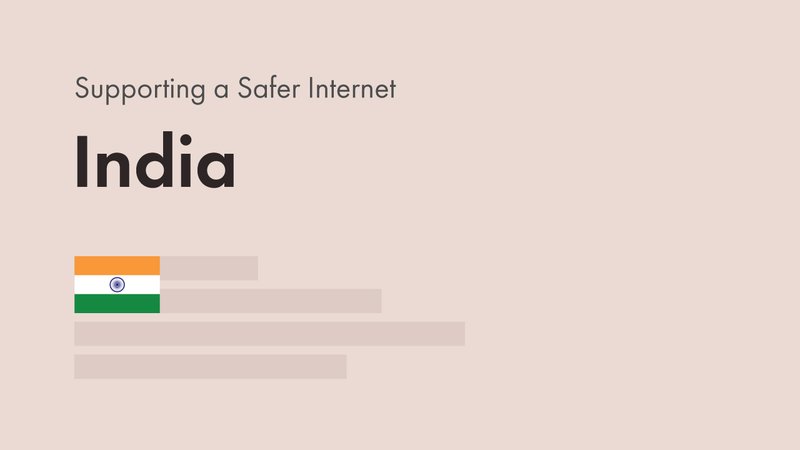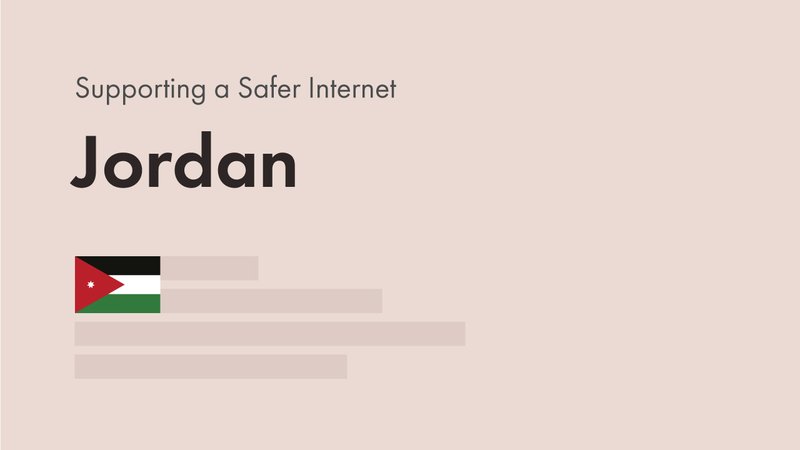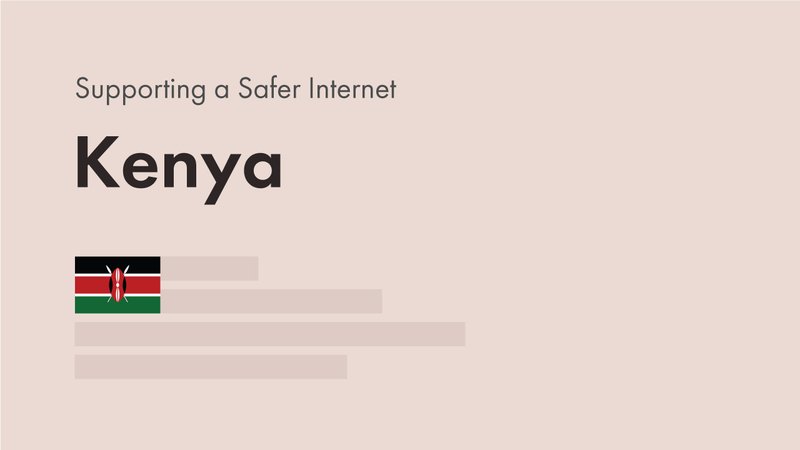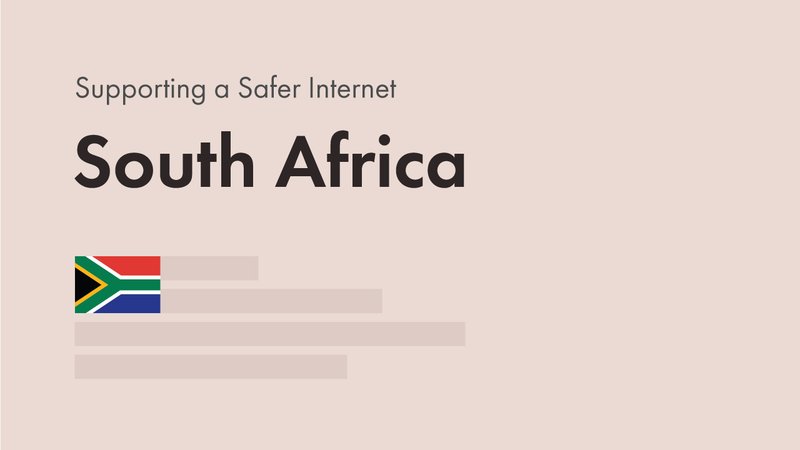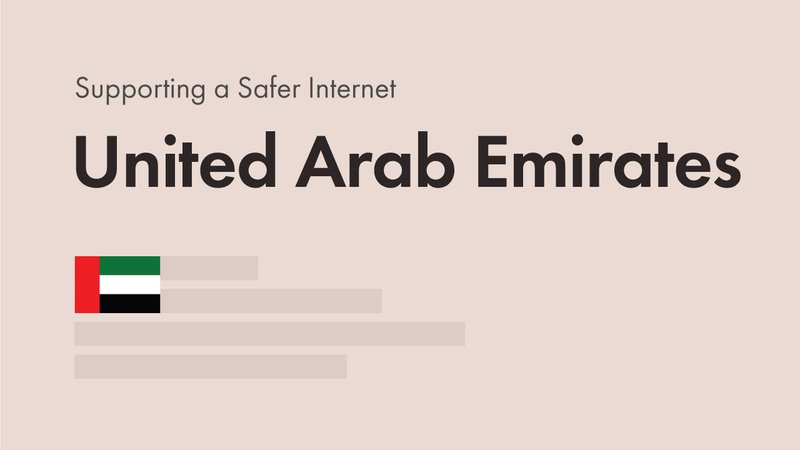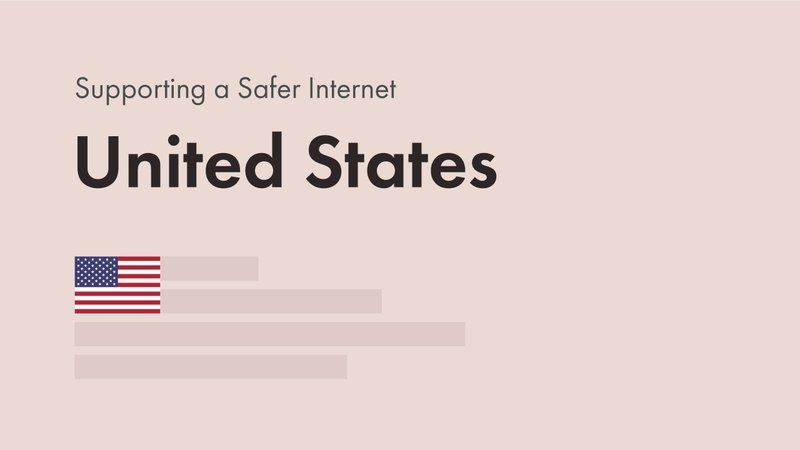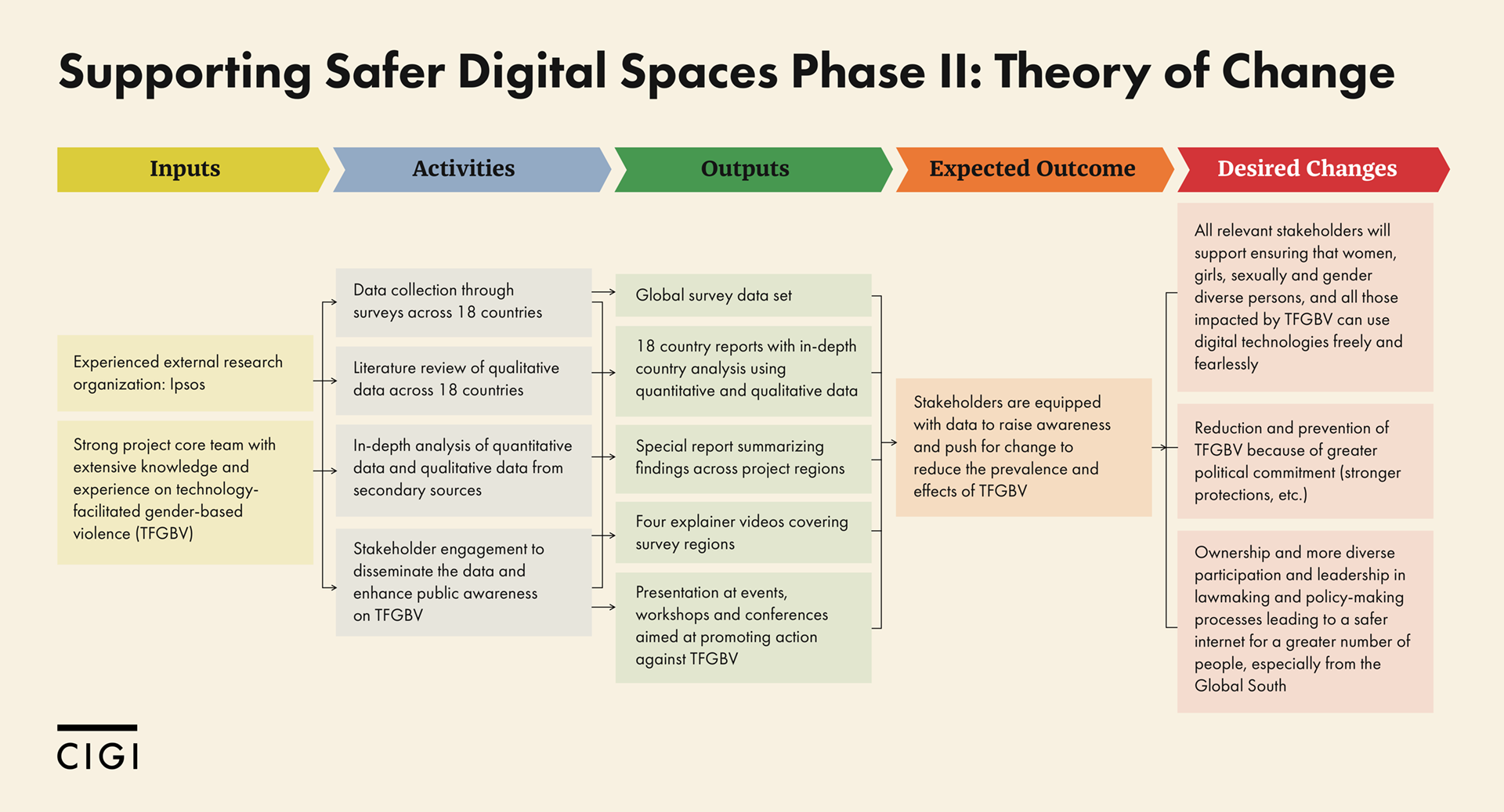About
Supporting Safer Digital Spaces is a multi-year research project created to explore the prevalence and impacts of technology-facilitated gender-based violence (TFGBV) as experienced by those impacted by it — including persons belonging to sexually and gender diverse communities. Led by the Centre for International Governance Innovation with funding from Canada’s International Development Research Centre and data collected by Ipsos, this project includes the first statistically meaningful survey of people’s experiences with and opinions of online harms, with a focus on countries in the Global South.
In the first phase of the project, an international survey collected data from 18,149 people of all genders in 18 countries. Research papers have been produced as part of the project’s first phase, and data gathered from the survey is discussed in the project’s special report, Supporting Safer Digital Spaces. The special report provides recommendations to help civil society organizations, the private sector and governments better design responses to TFGBV through online platform regulation, education programs, legal recourse and more.
The second phase of the project expands the international survey to 18 additional countries across four regions: Sub-Saharan Africa, the Middle East and North Africa, Latin America and the Caribbean, and Asia. Guided by a global team of experts, many of whom are based in the Global South, the project’s second phase will produce in-depth country reports on TFGBV for the 18 countries, and a special report summarizing data gathered from across all regions. These reports will offer insights and recommendations that better equip partners, allies and advocates to raise awareness and advocate for change to reduce the prevalence and effects of TFGBV.
If you are experiencing online harm, you can find some support tools and resources from the Women’s Media Center here: https://womensmediacenter.com/speech-project/tools-resources
